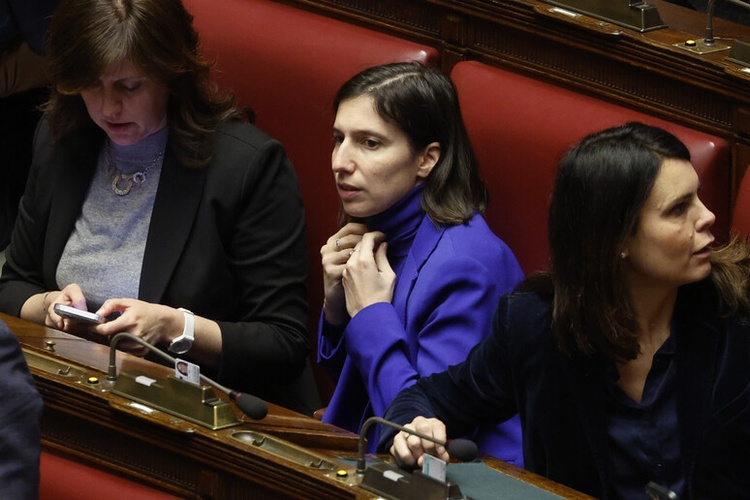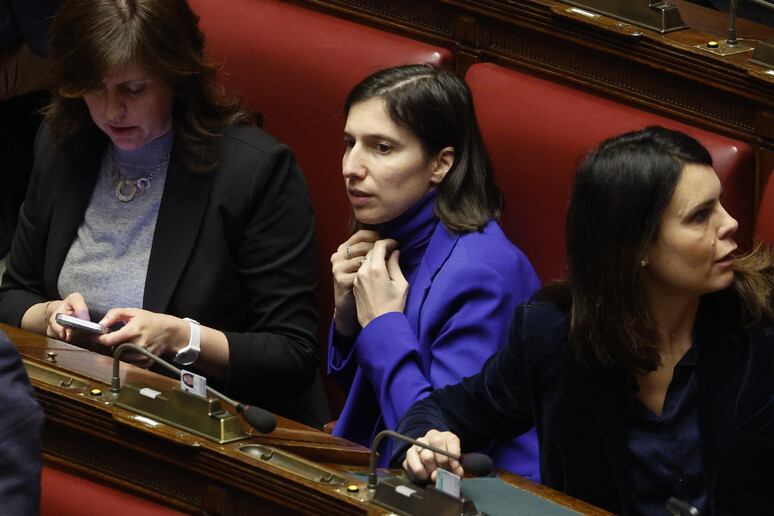“Instead of fighting to not see the dignity of an Italian citizen trampled underfoot, the League is rummaging through her past,” said Schlein.
“Even before a sentence has been passed it has already decided that she is guilty, and it is putting more chains around the wrists and ankles of Ilaria Salis, recalling charges on which she has already been acquitted.
“In this nostalgia for the Middle Ages in which the presumption of innocence has disappeared, Salvini makes statements of an unbearable paternalism,” she added.
Earlier on Thursday, Salvini said that if Salis is convicted, she should not be able to teach in Italy again.
“But if he claims that someone accused of personal injury cannot be a primary school teacher, we have to ask him how someone accused of kidnapping can be a minister,” responded Schlein.
Salvini is on trial in Palermo for allegedly kidnapping and refusing to perform his duty for 147 migrants rescued by Spanish NGO Open Arms in August 2019 when he was interior minister by denying them authorisation to disembark.
It was one of several such incidents during his tenure.
Earlier the League said in a statement that Salis, the 39-year-old elementary school teacher and anti-Fascist activist on trial in Hungary for allegedly attacking two Hungarian neo-Nazis almost a year ago, had been tried for being part of a group that attacked a party gazebo and assaulted two young women present in February 2017.
Her lawyers subsequently said that Salis been acquitted of the charges against her.
On Tuesday, her father Roberto denounced a growing campaign to discredit his daughter’s actions.
On Thursday, he announced that the family is to sue Salvini for defamation.
“We will have Ilaria give us the appropriate power of attorney because, following the statements damaging her reputation with regard to the alleged assault on the League gazebo in Monza, we have decided to sue Matteo Salvini for defamation,” Roberto Salis told ANSA.
Salis added that the family would also take legal action against two prominent Italian journalists, Giuseppe Brindisi and Alessandro Sallusti.
ANSA











